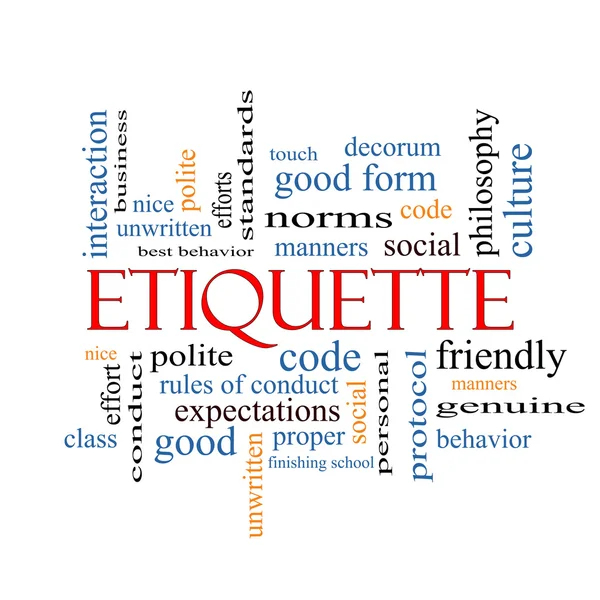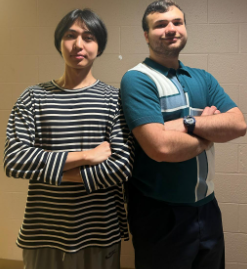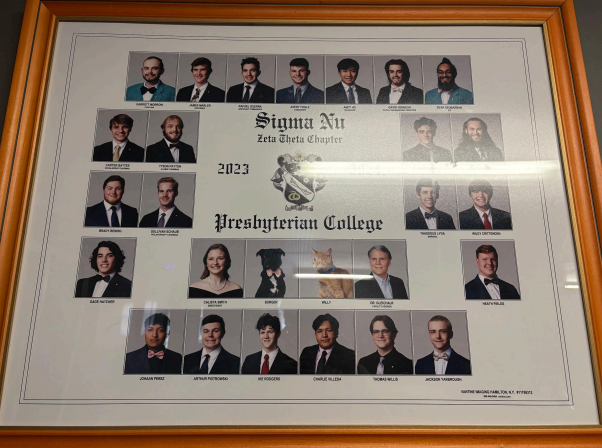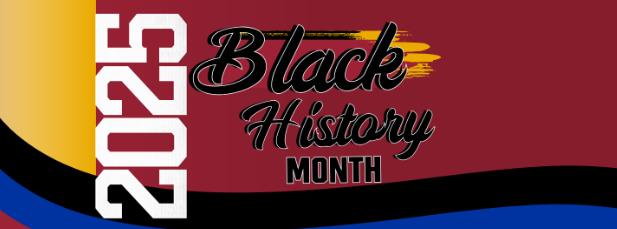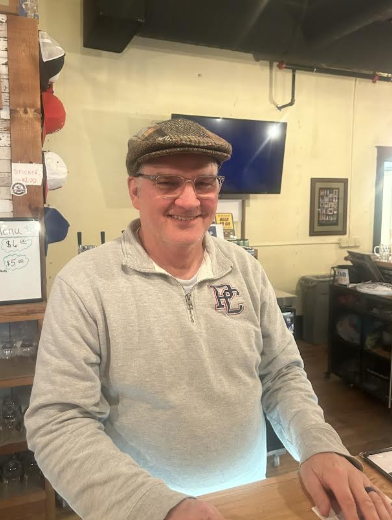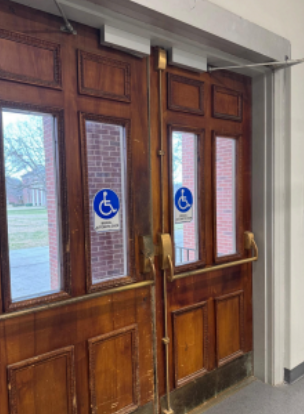by Libby Fowler | Co-Editor-in-Chief
I took my first French class when I was around 11 years old, which was taught by a woman who was born and raised in Europe. She seemed very “French” to my young self, with her flyaway, unkempt dark hair, her modest use of makeup, and her brown clogs that she wore nearly every time I saw her.
Since then, there has not been a year in my life in which I have not studied a language — although there were three years during which I studied a semester of Spanish and two years of Latin (I refer to this time as the “dark ages” of my educational career, due to the absence of French). The 11-year-old me found something gratifying in being able to communicate in another language, although my motives back then were perhaps less than honorable (since I really just wanted the ability to speak to my sisters in French without my parents’ understanding). Needless to say, I can’t imagine my life without some kind of language in it.

Although I may not have known it at the time, the study of language sculpted me into the person I am today. Not only did I begin learning about a completely different culture, but this, in turn, taught me valuable knowledge about my own identity as an English-speaking American.
As I reflect upon my time spent applying to colleges and universities, I remember how many people advised me to emphasize how I was a “diverse” individual, as well as being sure to mention my concern for and knowledge of other languages and cultures. I learned that the need for this multifacetedness only increased as I began attending a liberal arts college, which required me to take a few courses in the Modern Foreign Languages Department. It was at PC that my passion for language was truly exposed. While I have always had an interest in the French language, without PC’s requirement I don’t know if I would have started studying the language early enough to complete a French major.
Unfortunately, it seems that many college students don’t share my passion for language. According to Amelia Friedman of The Atlantic in 2015, “Only 7 percent of college students in America [were] enrolled in a language course.” This unhappy truth is confirmed by a 2015 survey conducted by the Modern Language Association revealing, “a 6.7 percent decline in enrollment in such courses (comparing 2013 data to 2009 data).” This proves dangerous to recent graduates in a world that is becoming more interconnected each and every day. The News & Observer deems this statistic to be “a backward slide that hurts the nation’s ability to compete economically and diminishes the overall quality of a typical American education.”

While some students don’t take language courses simply because they may not enjoy them, I can’t help but think that they simply may not be aware of the vast benefits reaped upon studying a foreign language. Language-policy analyst Rachel Hanson emphasizes this point: “Languages are not a side dish…You can use [them] to augment and fortify other skills that you have, and expand the application of these skills.” In fact, according to The News & Observer, “Educators and researchers say the process stretches a student’s overall learning skills.”
There is some dispute on whether the problem lies with apathetic students or a lack of qualified language teachers and professors. However, the cause should not necessarily be the focal point — rather, the immediate goal ought to be increasing proficiency and skill within American students by whatever means necessary.

Language — more specifically, language at PC — has altered my life path. It is due to the enthusiasm and aid of Dr. Patrick Kiley that I decided to pursue a French major (in addition to the English major I already had) and visit France. It is due to Dr. Commans that I have discovered an unexpected passion, despite its endless challenges: researching and analyzing French literature by female authors. Spanish professor Dr. Saffi gave me invaluable advice concerning the poetic voice following my French capstone presentation last semester. I have found solace in Dr. Knight, from whom I have never even taken a course — and yet she was still willing to invite me into her office to talk, motivate, and even offer to write me a letter of reference if I decide to pursue graduate school in the future. Every correspondence I have ever had with any of the professors within the Modern Foreign Languages has been full of encouragement.
Studying a foreign language is difficult and there is no doubt about it. Sometimes even the English language confuses me, which I’ve been speaking for a solid 22 years now; nevertheless, the challenge is worth it in every way. What logic is found in shortchanging oneself and avoiding something that has been proven to sharpen your mind (and make you more employable)?
It is bittersweet to think that I must leave my home in PC’s Modern Foreign Languages Department in just a few short months. But, I know that without the experience and challenge I would be a mere shadow of the woman I have become — and am still becoming. I urge any person capable of learning, especially my fellow PC students, to explore things unknown and unfamiliar; you will not be disappointed.


